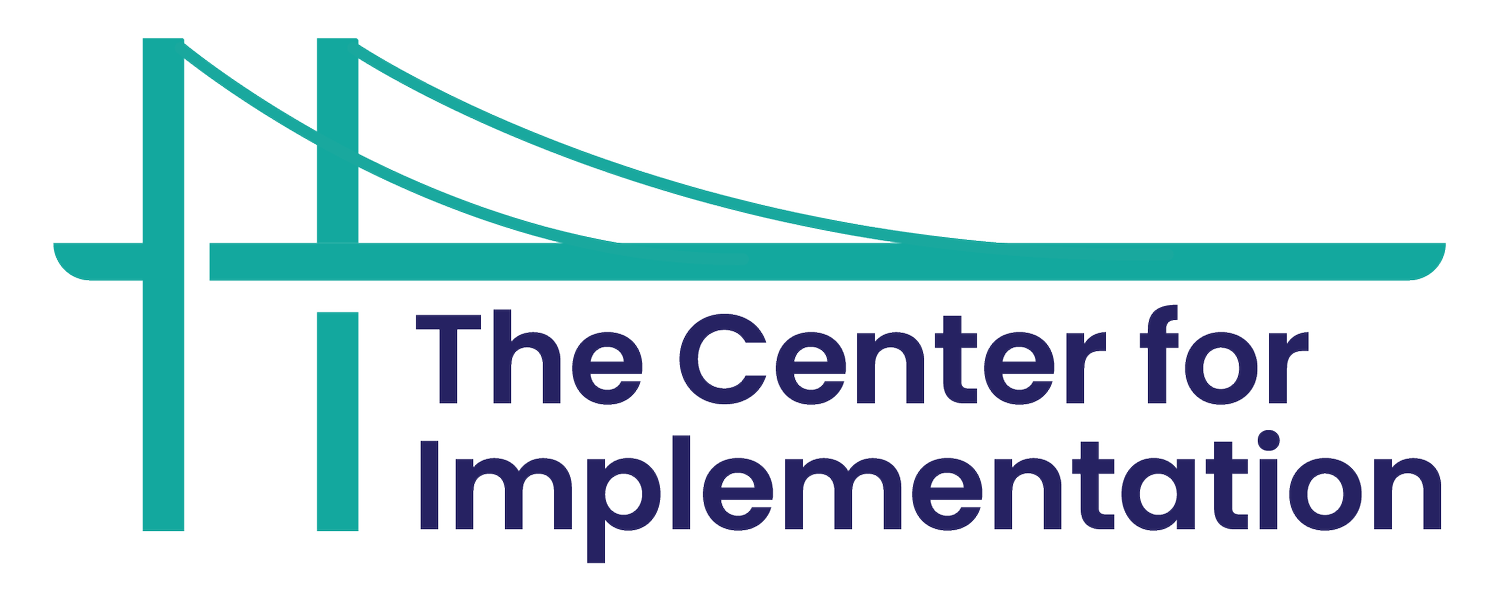Creating Together: The Importance of Co-creating Knowledge in Implementation Research and Practice
By Dr. Sobia Khan, Director of Implementation
Note: We have updated our website since this article was published. As a result, you may have been redirected here from a previous URL. If you are looking for the article, "Project Spotlight: Community engagement in the co-creation process” by Jayne Morrish, please click here.
Knowledge translation (KT) and implementation science (IS) were founded on traditional views of the research-to-practice pathway; that is, researchers produce evidence, then disseminate or support the implementation of that evidence at the practice level. However, the role of the researcher as the governor of knowledge is increasingly being challenged. When the voices and experiences of end users are excluded from the research process, it becomes apparent that pragmatic questions aren’t being asked, and meaningful outcomes aren’t being measured. This leads to findings that aren’t “implementable” at the practice level, therefore making little to no impact on the research-to-practice gap.
In response to the lack of pragmatism in KT and IS research, the concept of knowledge co-creation has emerged. Co-creation is congruent with integrated KT and patient and community engagement philosophies. There is a history of knowledge co-creation in fields such as participatory action and business market research, where researchers have long acknowledged that the end users know best. The central idea of knowledge co-creation is that end users are involved in the research process early on to guide researchers along a pragmatic path, from asking the right questions, to recruiting the right people, to measuring the right outcomes. In addition to transforming the research process, knowledge co-creation also transforms traditional notions of evidence. Co-created knowledge is knowledge that is context-dependent, informed by experience, and belongs to a variety of stakeholders (not just researchers!). Co-created knowledge does not replace the evidence gleaned from research, but provides context to this research. This revitalized view of knowledge and knowledge production has shifted approaches in KT and IS towards being highly end-user focused.
